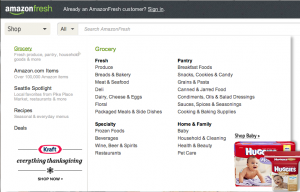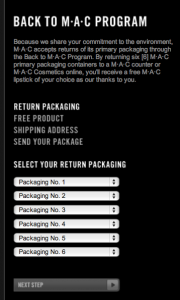During class the other day we discussed an Arc Initiative case called Ecocalzer. I feel that this company has a lot of potential to expand into international markets such as Vancouver because its value proposition gives it a competitive advantage over existing shoe companies in the market. Its mission is to produce fashionable, hand made, eco friendly shoes. If Ecocalzer can find an effective and accessible channel to reach its consumer base through, it is almost guaranteed to succeed because it has minimal competition. What I propose that Ecocalzer does is establish a consumer base within its niche market: fashion and environment conscious communities. A good way to reach these consumers is by displaying their shoes at art schools such as Emily Carr and at art markets such as Granville Island or the Harmony Arts Festival.
An incredible opportunity for Ecocalzer to increase its brand awareness is through social media: if all of the one thousand students in COMM 101 alone “likes” or “shares” its Facebook page, surely word would have spread. An attached video that tells John’s story would make the product even more appealing to consumers as it is creating shared value by redefining productivity (solving an environmental issue).
However, Ecocalzer must be aware that there are many cheaper substitutes for its product, so if it wishes to maximize its profits, it needs to sell at a moderate price where the consumer’s marginal utitility is equal to marginal cost.
I look forward to seeing Ecocalzer expand into the Vancouver market one day!
Help support John by “liking” this page!







